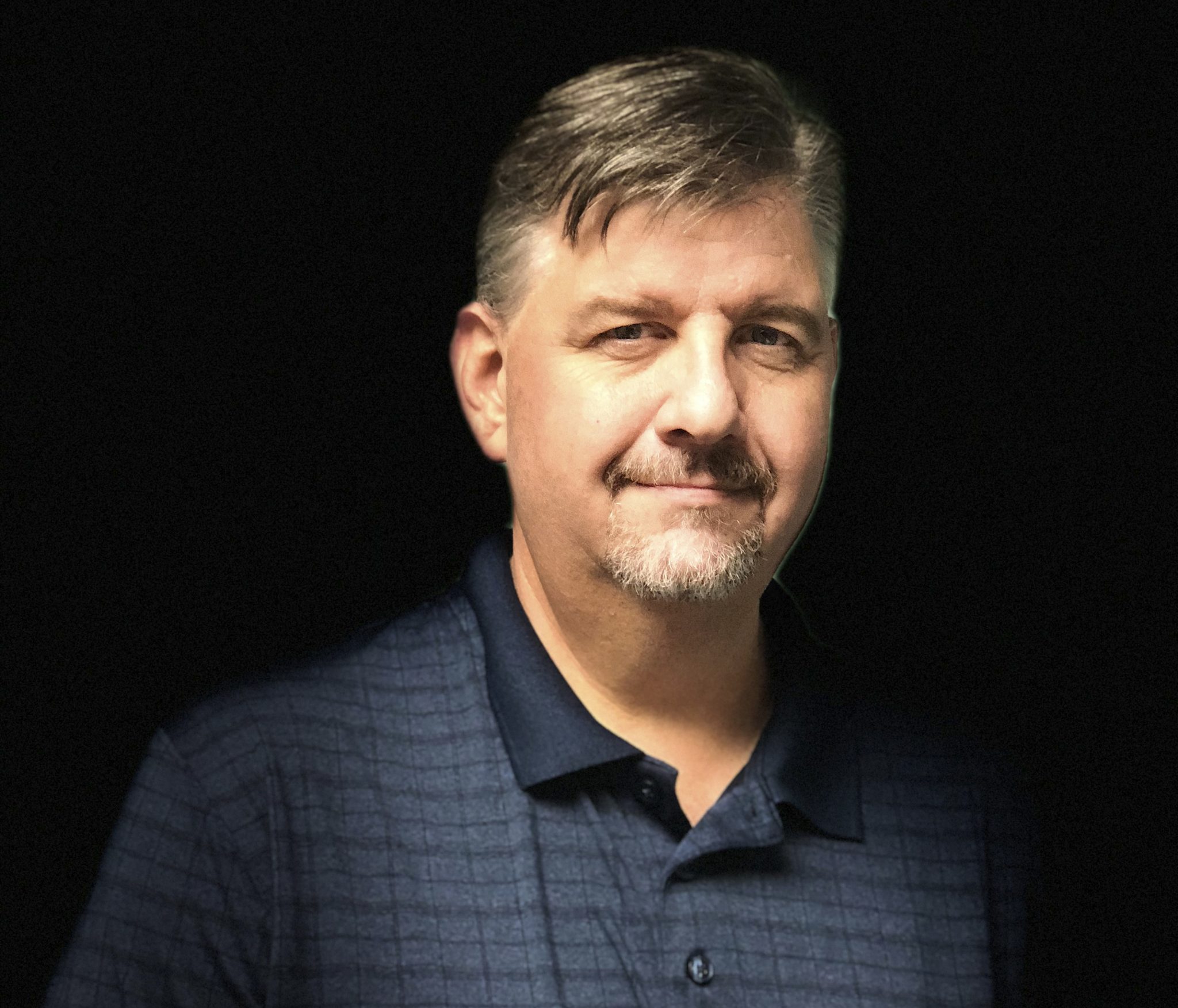211
Editor’s Note: The following is excerpted from David Specht's book, “Old Dogs, New Tricks, available on Amazon.
Recently, I sat down with my executive team to review the past month and look ahead to the fourth quarter of the year. While planni
Learn from the past, but work toward the future
previous post




